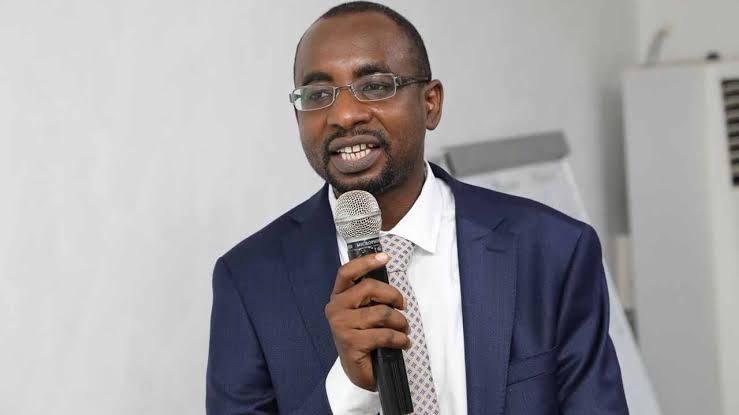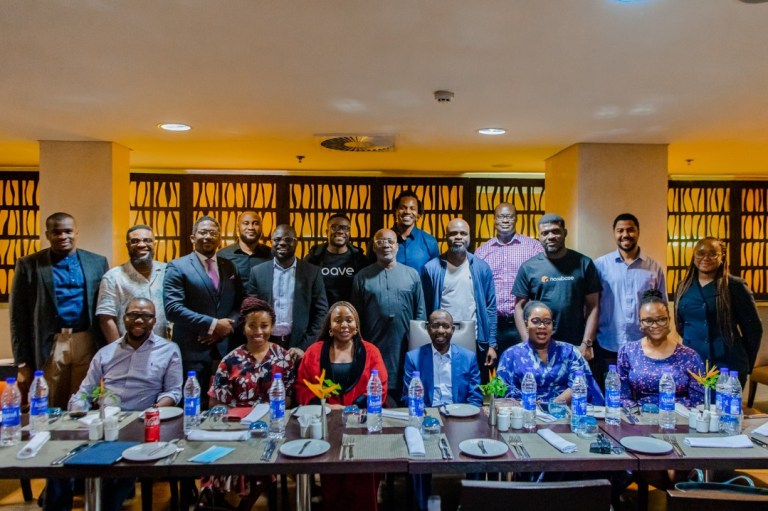The National Information Technology Development Agency (NITDA) plans to train one million software developers in various areas of application development, in the next 18 months.
With the goal of making Nigeria the hub of digital talent in Africa, the agency’s Director-General, Kashifu Inuwa, stated that it will be done in conjunction with other stakeholders within the ecosystem.
At the Global Digital Economy Summit, which was hosted by the Junior Chamber International Nigeria (JCIN) and held at the D’podium Event Center in Lagos, the DG was represented by Aristotle Onumo, acting director of the agency’s Corporate Planning and Strategy Department.
He advised everyone to seize the numerous chances the government offers. He claimed that the purpose of the event, is in line with the goals of the current administration of President Muhammadu Buhari in sustaining Nigeria’s digitization. He expressed his delight at the event’s theme, “Digital Transformation-Defining our success pillars.”
“I am indeed delighted with the theme of this summit which aptly captures the main essence of the National Digital Economy Policy and Strategy (NDEPS) and resonates with the goal of our strategic road map and action plan 2021-2024,” he said.
Inuwa said that the adoption and use of digital technologies will present unprecedented opportunities that the private and public sectors can leverage to increase their productivity and market access. He described digital transformation as a cultural change that requires organizations to continuously challenge the norm.
The head of NITDA stated that numerous programs and initiatives have been developed by the Federal Ministry of Communications & Digital Economy and NITDA to raise the level of digitisation in public and private institutions, while assuring the commitment of the Nigerian government to the development of the country’s digital system.
He added that Nigeria’s digital transformation has been accelerated by the NITDA’s Strategic Roadmap and Action Plan 2021–2024, which was created to take advantage of the tremendous opportunities and growth potentials of the digital tech sector.
“As an Agency working towards the Digital transformation agenda of this present administration as contained in the National Digital Economy Policy and Strategy (NDEPS), we have initiated the Technology Innovation and Entrepreneurship Support (TIES) Scheme that will encourage more innovation-driven startup ventures to be formed, with an emphasis on indigenous technologies,” Inuwa said.
Inuwa highlighted the Agency’s dedication to empowering citizens with information technologies by revealing that the National Centre for Artificial Intelligence and Robotics (NCAIR) was founded to create a workforce that is IT-proficient and competitive on a global scale as part of its contribution to the successful implementation of the Digital Transformation Policy.
“NCAIR represents the government’s determination to create a suitable environment for technology innovation, transformation, incubation, and discovery while harnessing the abundant creative ideas of Nigeria’s teeming youth population for national development through the promotion of innovative technologies,” he said.
The NITDA DG encouraged all young people to be innovative so that they could take full advantage of government initiatives. He also noted that the Agency had collaborated with other organizations to secure grants for startups totaling N300 million and had sponsored startups to participate in international fora, both of which, in his opinion, would give young people a global platform.
Giving further details about the Agency’s ongoing initiatives to implement digital skills and literacy, a pillar of the SRAP, Inuwa stated that 500,000 people have received training in various areas of digital skills, 1,650 students have received training in IT essentials across 30 institutions of higher learning, and underserved communities, children, women, and people with disabilities are beneficiaries of the Agency’s digital inclusion programs.
Therefore, he urged everyone to make the most of the many chances being offered by the government in order to facilitate the adaption and adoption of digital technologies in order to benefit Nigerians.









